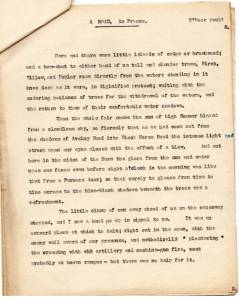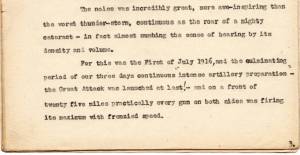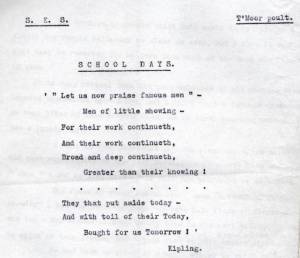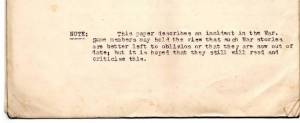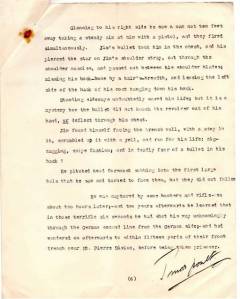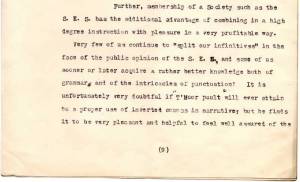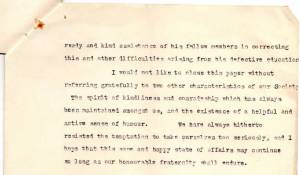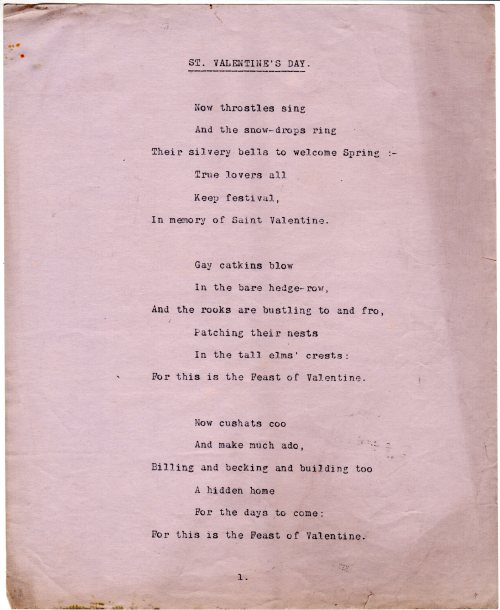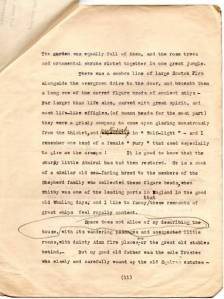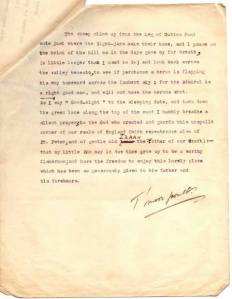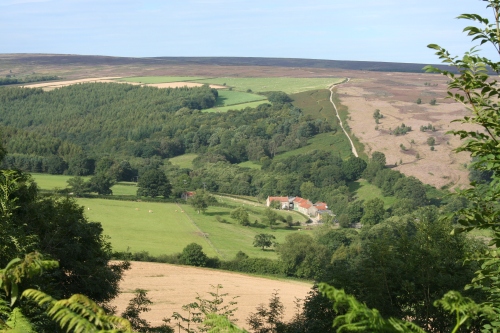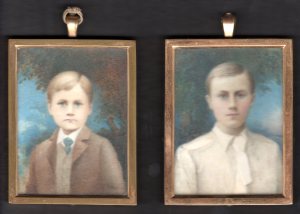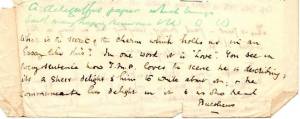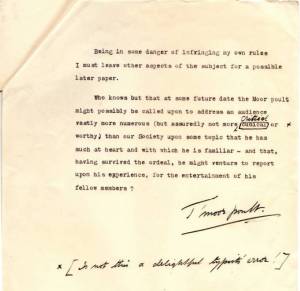Having mistakenly thought I had come to an end when I finished reading the last essay, I’m now re-reading some of them – and delving a little deeper…
In 1922 TMP wrote an essay about a ‘corduroy road’:
“…built of logs by the Engineers, [which] lay like a dusty ribbon in front of us, barely wide enough for our passage four abreast.”
The essay concerns moments during which CCF and his men are forced to stop – in the open – while crossing the Ancre Marshes under enemy fire. Incredibly, writing several years later TMP recalls the beauty of the scene: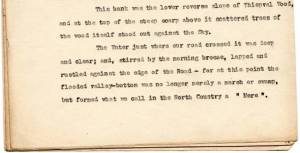
Suddenly all hell broke loose as the two sides exchanged fire over the valley:
Miraculously, CCF and his men were not harmed and during a lull they were able to continue to Thiepval Wood. It must have been a terrifiying experience but, true to form, TMP defies the norm and recollects a
“…wonderful summer’s day, so happy and serene in the midst of so many and so great dangers.”
He then wistfully describes the destruction of the area wreaked when the Germans returned two years later: 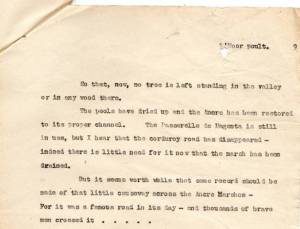
When ‘A Road’ was written CCF was fifty-one years of age and endeavouring to re-establish his practice as a solicitor in Leeds. His King, George V, was fifty-seven and had dominion over a quarter of the globe. Just four years after the WW1 ceasefire, the King travelled to Belgium and France, without pomp or ceremony, to visit the battlefields.
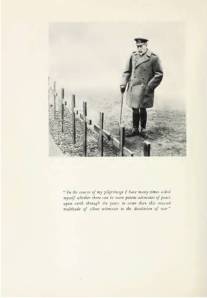
King George V during The King’s Pilgrimage in 1922, when he visited the war graves and memorials of many nations in Belgium and France
Viewing the acres of graves where lay his fellow countrymen and ‘…the gentlemen from out of all the seas’, the King declared:
“I have many times asked myself whether there can be more potent advocates of peace upon earth through the years to come than this massed multitude of silent witnesses to the desolation of war.”
‘The King’s Pilgrimage’ as it became known, was commemorated in a poem of that name by Rudyard Kipling (a favourite poet of Charles Clark Frank’s) who, through his involvement with the Imperial War Graves Commission (now the Commonwealth War Graves Commission) was part of the entourage. Just weeks after their return, the poem was published in a book with a commentary by Frank Fox and poignant photographs supplied by various press sources. ‘By his Majesty’s desire’ proceeds from sales of the book went to organisations which enabled relatives travel to the cemeteries.
You can see the original book as a PDF at: http://archive.org/details/kingspilgrimage00foxf – it is beautiful in its simplicity and worth looking at – or you can read it online at the same site, although it doesn’t give quite the same experience.
Very moving.
Surrounding the serried rows of sentinel crosses a stealthy enemy lurks to this day. Every year since the First World War, an ‘iron harvest’ is reaped by French and Belgian farmers. The swamp-like conditions of trench warfare during the War had swallowed weapons which landed in the sucking mud so that the earth now gives up unexploded shells, barbed wire, shrapnel balls and bullets during ploughing, and rusting shells pollute the land and the water table around the Ypres Salient and the River Somme. Sometimes escaping mustard gas still spreads its killing cloud, and many people have died while clearing or disposing of these destructive remnants.
War is never really over.
